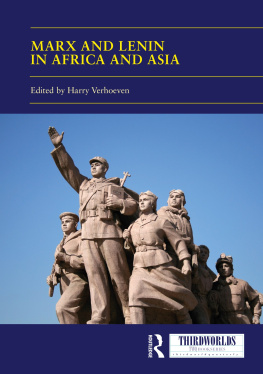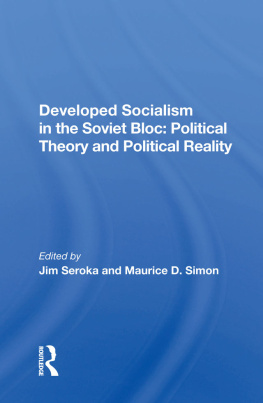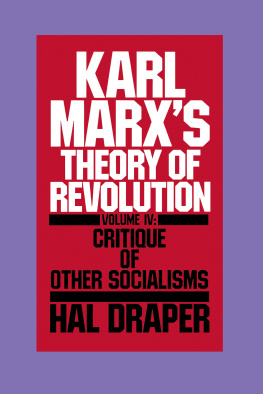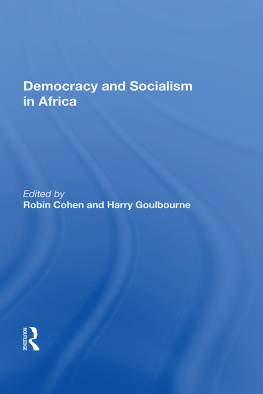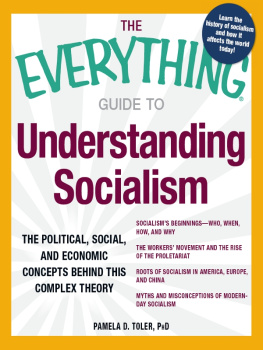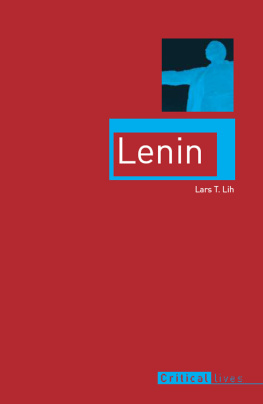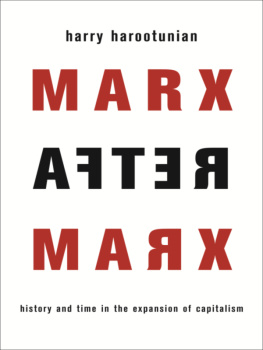Marx and Lenin in Africa and Asia
The spectres of Marx and Lenin have long loomed prominently in Africa and Asia and they still do so in the 21st century. Many of the founding fathers of postcolonial republics believed socialism could transform their societies. Yet what socialism meant in theory and in practice has always been highly heterogenous and differed markedly from the European experience. African and Asian movements did not simply mimic the ideas and institutions of Soviet or European Marxists, but endeavoured to define their own, experimenting with a variety of interpretations and in the process adapting doctrines and templates to their unique contexts.
This volume brings together anthropologists, historians and political scientists from around the world to reflect on three great challenges which various types of socialists in Africa and Asia have had to simultaneously contend with in their articulations of liberation: how to build up empirical and juridical statehood, how to forge a nation after colonial divide-and-rule, and how to position themselves in an international order not of their making.
In a post-colonial world, this helps centre a key question running through the different chapters: what can African and Asian imaginaries, institutions and practices tell us about socialism as a global phenomenon?
The chapters in this book were originally published as a special issue of Third World Quarterly.
Harry Verhoeven is Senior Research Scholar at the School of International and Public Affairs, Columbia University, and the Convenor of the Oxford University China-Africa Network. His books include Why Comrades Go to War (with Philip Roessler), Water, Civilisation and Power in Sudan and Beyond Liberal Order: States, Societies and Markets in the Global Indian Ocean (with Anatol Lieven). He is Senior Adviser to the European Institute of Peace.
ThirdWorlds
Edited by Shahid Qadir, University of London, UK
ThirdWorlds will focus on the political economy, development and cultures of those parts of the world that have experienced the most political, social, and economic upheaval, and which have faced the greatest challenges of the postcolonial world under globalisation: poverty, displacement and diaspora, environmental degradation, human and civil rights abuses, war, hunger, and disease.
ThirdWorlds serves as a signifier of oppositional emerging economies and cultures ranging from Africa, Asia, Latin America, Middle East, and even those Souths within a larger perceived North, such as the U.S. South and Mediterranean Europe. The study of these otherwise disparate and discontinuous areas, known collectively as the Global South, demonstrates that as globalisation pervades the planet, the south, as a synonym for subalterity, also transcends geographical and ideological frontier.
Beyond the Gatekeeper State
Edited by Sara Rich Dorman
Citizen Aid and Everyday Humanitarianism
Development Futures?
Edited by Anne-Meike Fechter and Anke Schwittay
Decolonising Gender in South Asia
Edited by Nazia Hussein and Saba Hussain
Decolonising Curricula and Pedagogy in Higher Education
Bringing Decolonial Theory into Contact with Teaching Practice
Edited by Shannon Morreira, Kathy Luckett, Siseko H. Kumalo and Manjeet Ramgotra
Revolutions
Edited by Radhika Desai and Henry Heller
Marx and Lenin in Africa and Asia
Socialism(s) and Socialist Legacies
Edited by Harry Verhoeven
For more information about this series, please visit: www.routledge.com/ThirdWorlds/book-series/TWQ
First published 2022
by Routledge
2 Park Square, Milton Park, Abingdon, Oxon, OX14 4RN
and by Routledge
605 Third Avenue, New York, NY 10158
Routledge is an imprint of the Taylor & Francis Group, an informa business
2022 Global South Ltd
All rights reserved. No part of this book may be reprinted or reproduced or utilised in any form or by any electronic, mechanical, or other means, now known or hereafter invented, including photocopying and recording, or in any information storage or retrieval system, without permission in writing from the publishers.
Trademark notice: Product or corporate names may be trademarks or registered trademarks, and are used only for identification and explanation without intent to infringe.
British Library Cataloguing-in-Publication Data
A catalogue record for this book is available from the British Library
ISBN13: 978-1-032-13079-8 (hbk)
ISBN13: 978-1-032-13080-4 (pbk)
ISBN13: 978-1-003-22756-4 (ebk)
DOI: 10.4324/9781003227564
Typeset in Myriad Pro
by codeMantra
Publishers Note
The publisher accepts responsibility for any inconsistencies that may have arisen during the conversion of this book from journal articles to book chapters, namely the inclusion of journal terminology.
Disclaimer
Every effort has been made to contact copyright holders for their permission to reprint material in this book. The publishers would be grateful to hear from any copyright holder who is not here acknowledged and will undertake to rectify any errors or omissions in future editions of this book.
What is to be done? Rethinking socialism(s) and socialist legacies in a postcolonial world
Harry Verhoeven
ABSTRACT
Throughout the twentieth century, the ideas of Marx and Lenin were fervently listened to, adopted, modified and confronted in Africa and Asia an ideational and organisational reservoir still of foremost importance today, as this volume demonstrates. What socialism has meant, and still means, in theory and in practice has always been highly heterogeneous. African and Asian movements have not simply mimicked the blueprints and dogmas of Soviet or European Marxists, but have built and contextualised their own: the postcolonial metamorphosis of class and regional order; the appropriate role if any of religion, culture and nationalism in their societies; the organisation of political institutions and economic control mechanisms after 1989, etc. Above all, what has set socialists in African and Asian societies apart from their comrades in Europe have been three great challenges they have had to simultaneously contend with in their articulations of liberation: how to build up empirical and juridical statehood, how to forge a nation after colonial divide-and-rule, and how to position themselves in a world order not of their making. In a postcolonial world, this then begs a key question: what can African and Asian imaginaries, institutions and practices tell us about socialism as a global phenomenon?
Introduction
At the time of authoring this collection, the world was commemorating the 30th anniversary of the fall of the wall that had physically and politically divided Berlin, Europe and international society as a whole. The thousands of Ossis who reunited across the border with thousands of Wessis accelerated already ongoing processes that were dissolving the Warsaw Pact and one-party communist rule in Central and Eastern Europe and the Soviet Union. The year 1989 seemed to signal the imminent burial of Marx and Lenin in the European heartlands where their teachings had first revolutionised politics. Few doubted other parts of the world would follow soon, as Soviet and Cuban troops withdrew from Afghanistan and Angola, socialist autocracies in Benin, Congo-Brazzaville and Zambia disintegrated, the Sandinistas lost power in Nicaragua and the Peoples Democratic Republic of Yemen joined North Yemen to form the non-Marxist Republic of Yemen. The end of the Cold War appeared coterminous with the end of socialism to many, and with the end of history to some.

